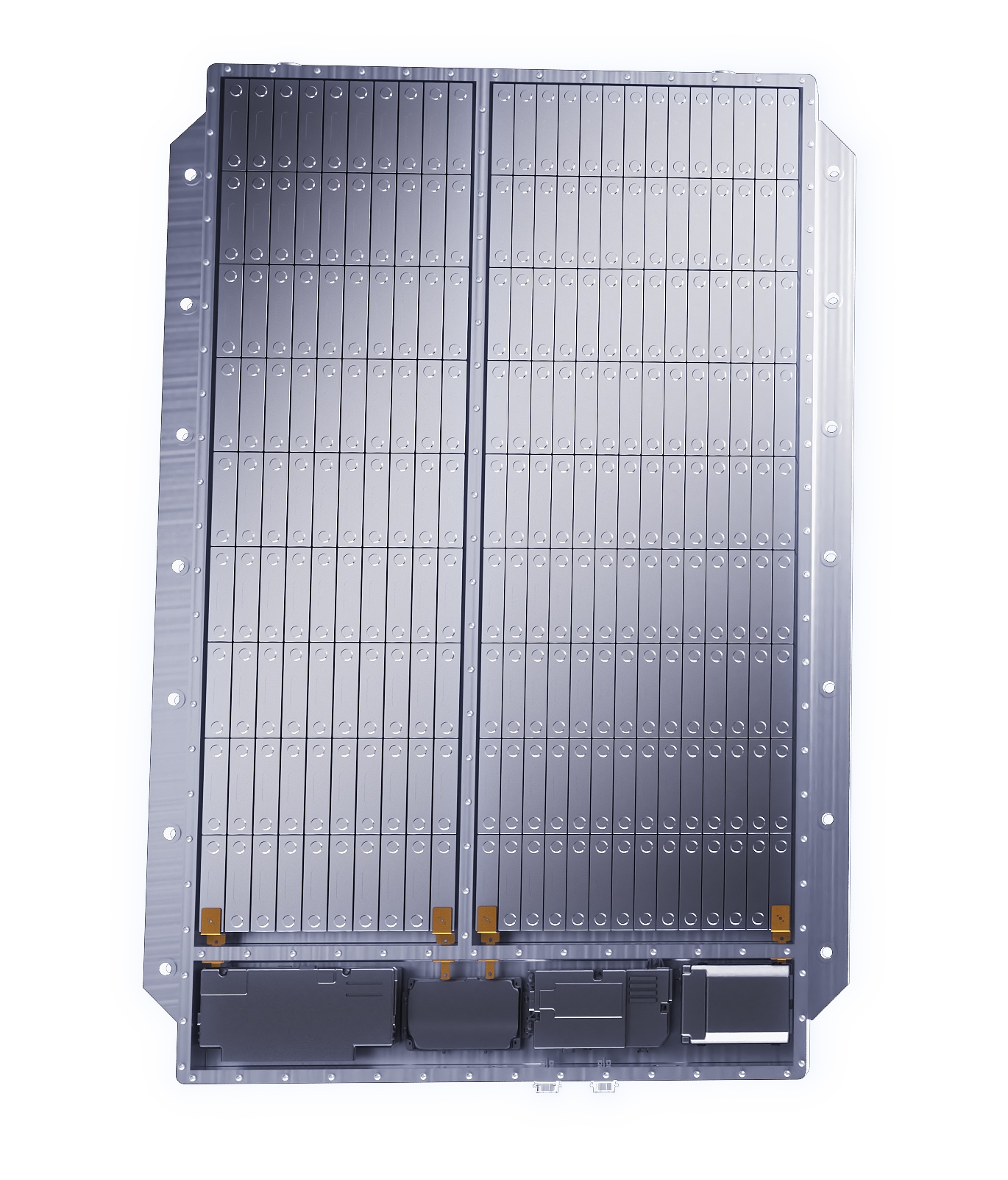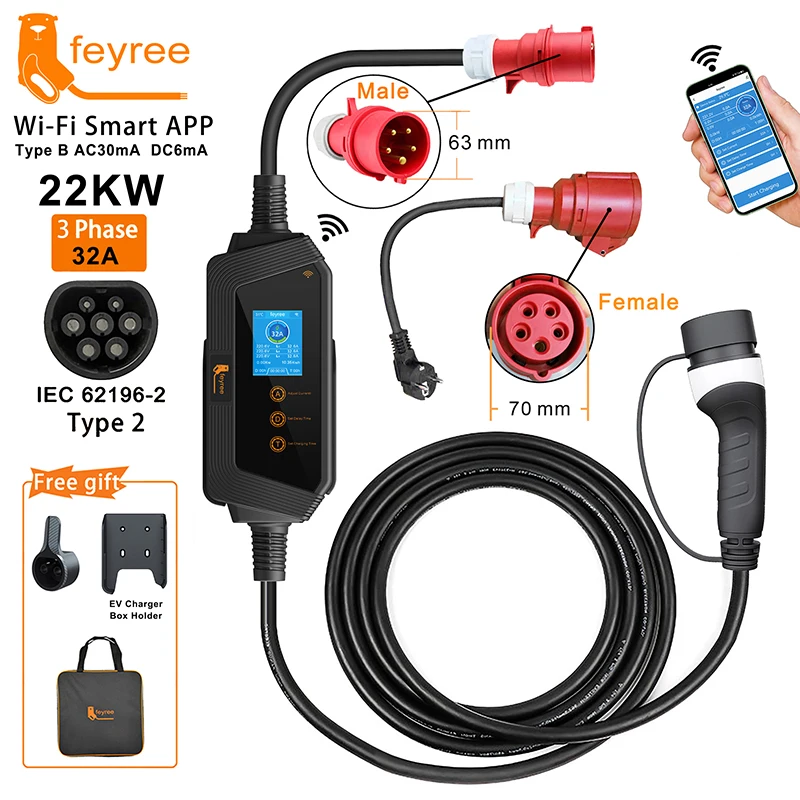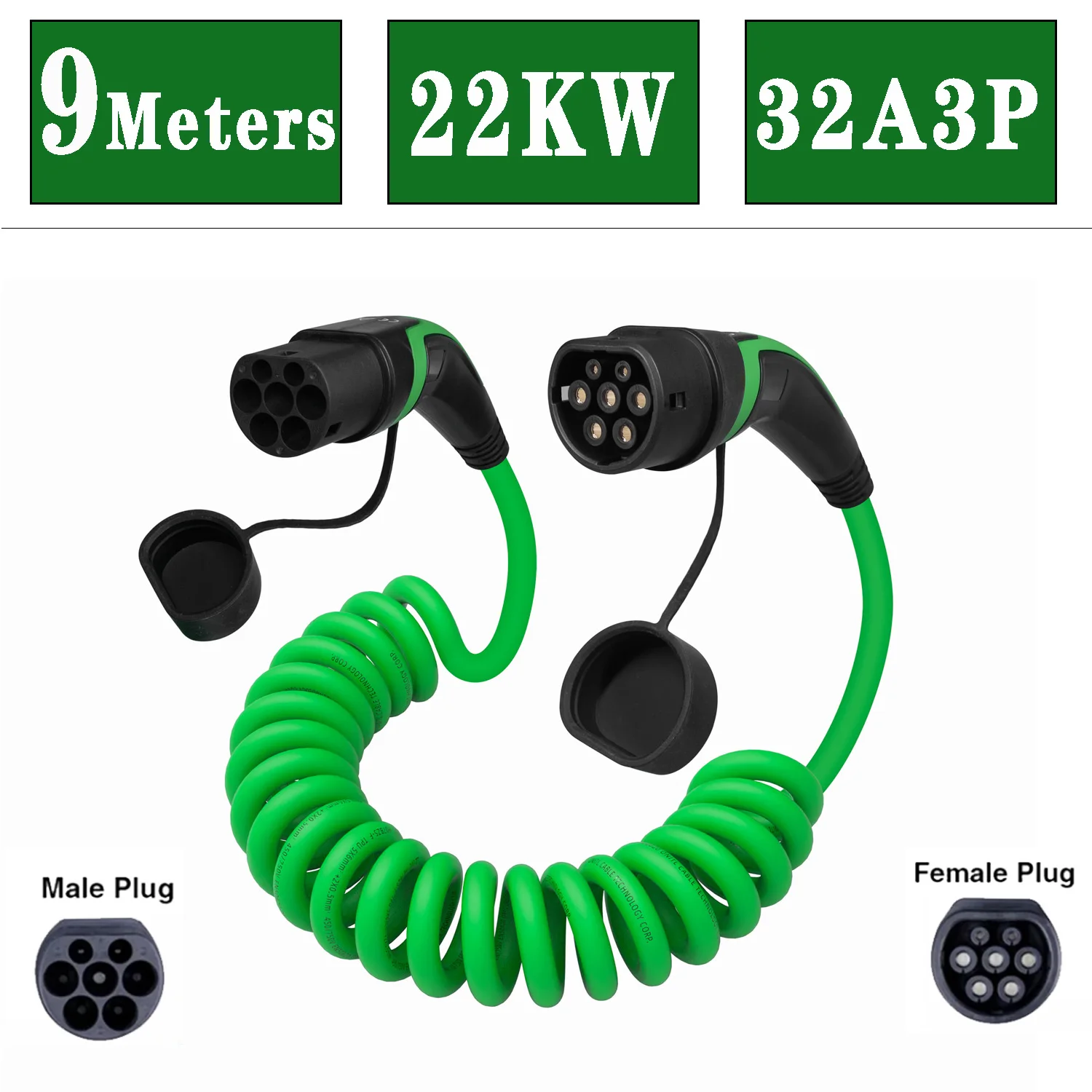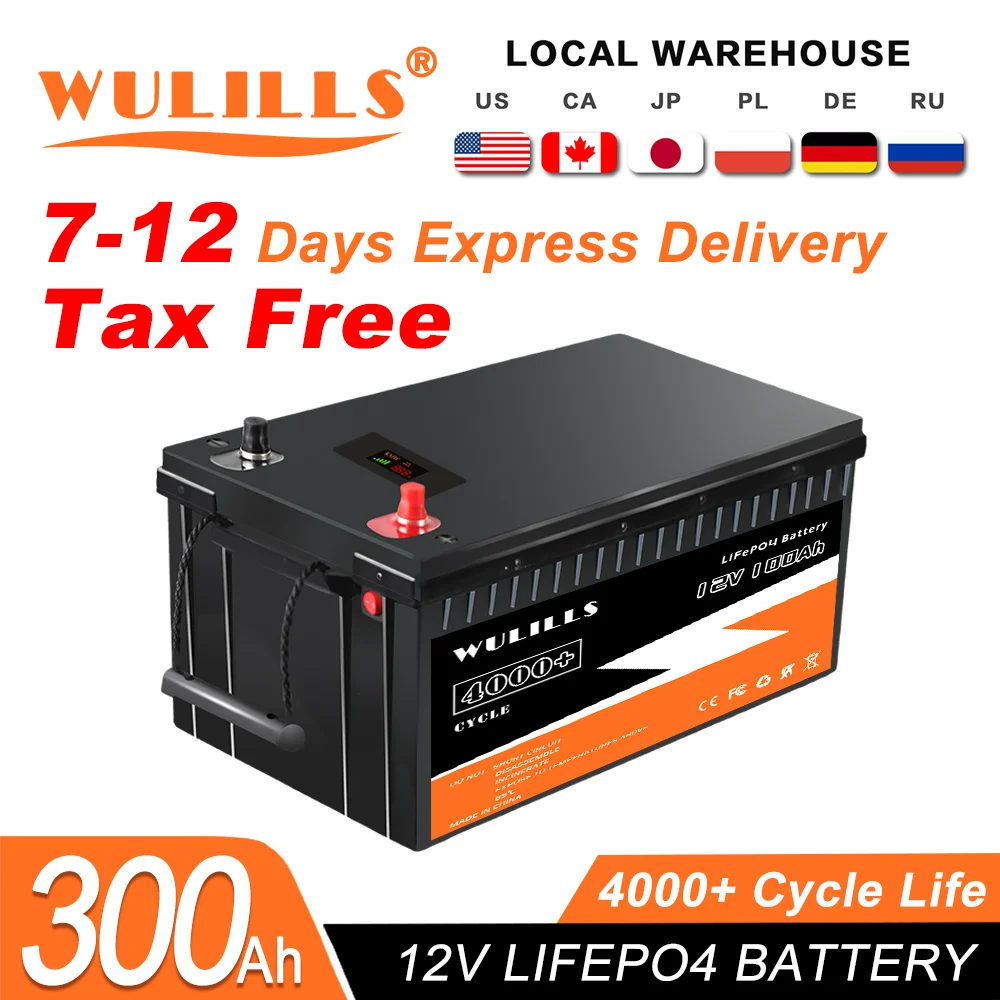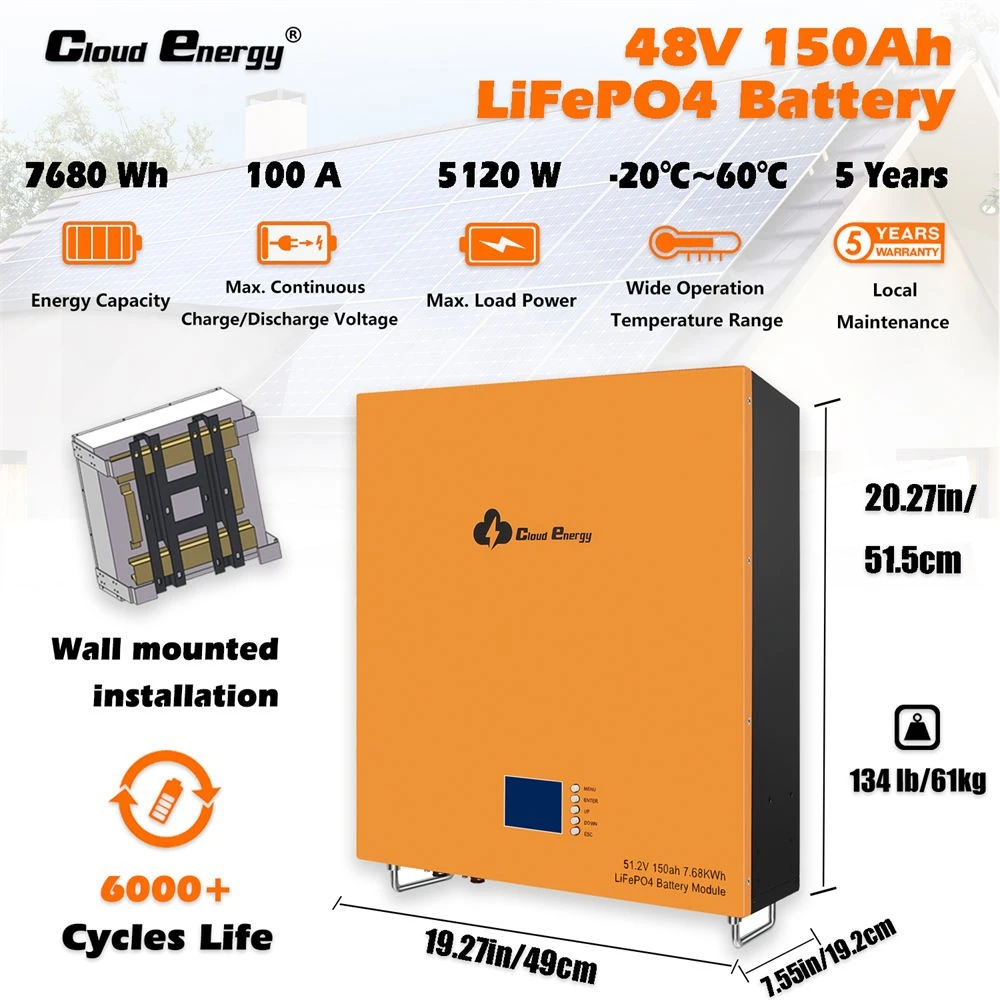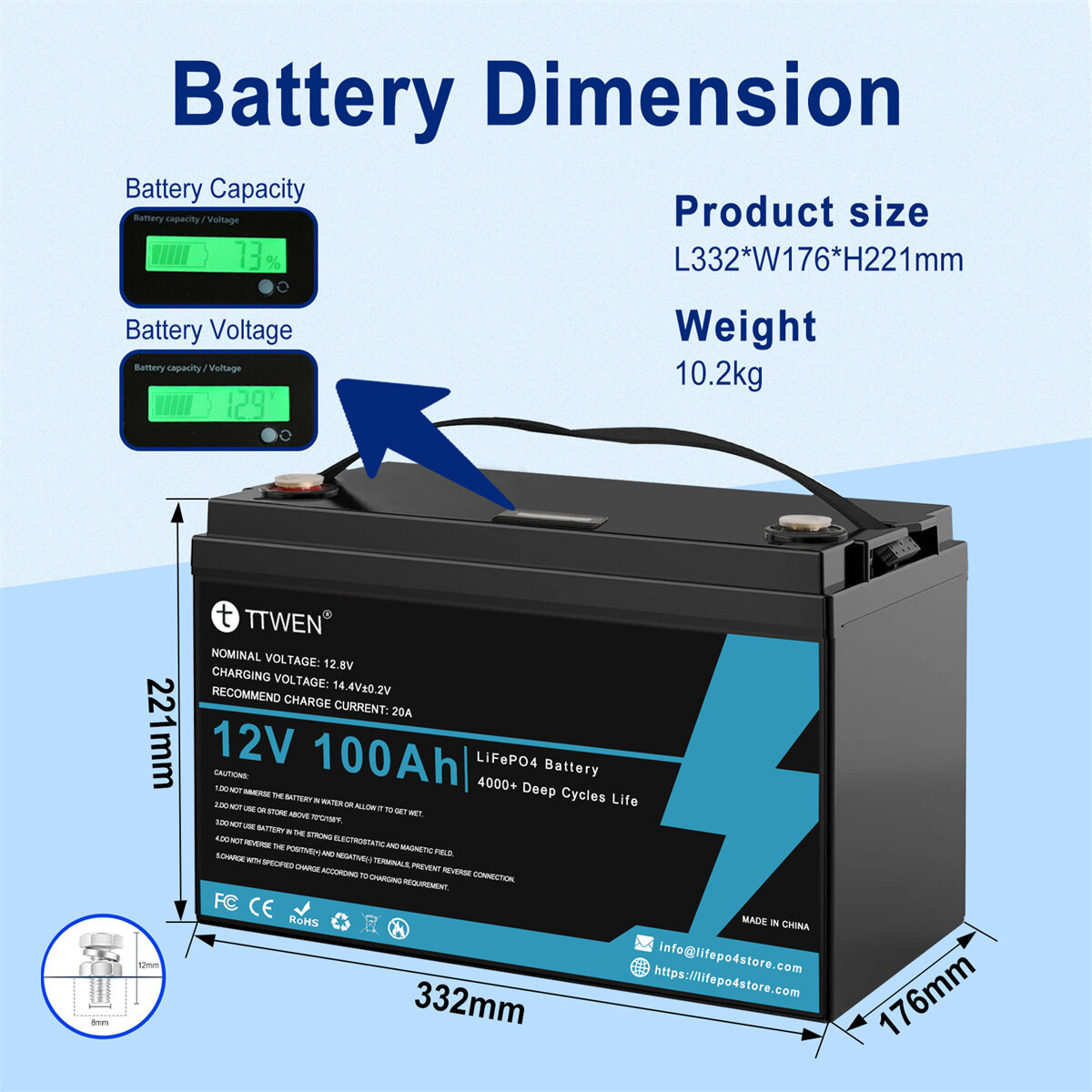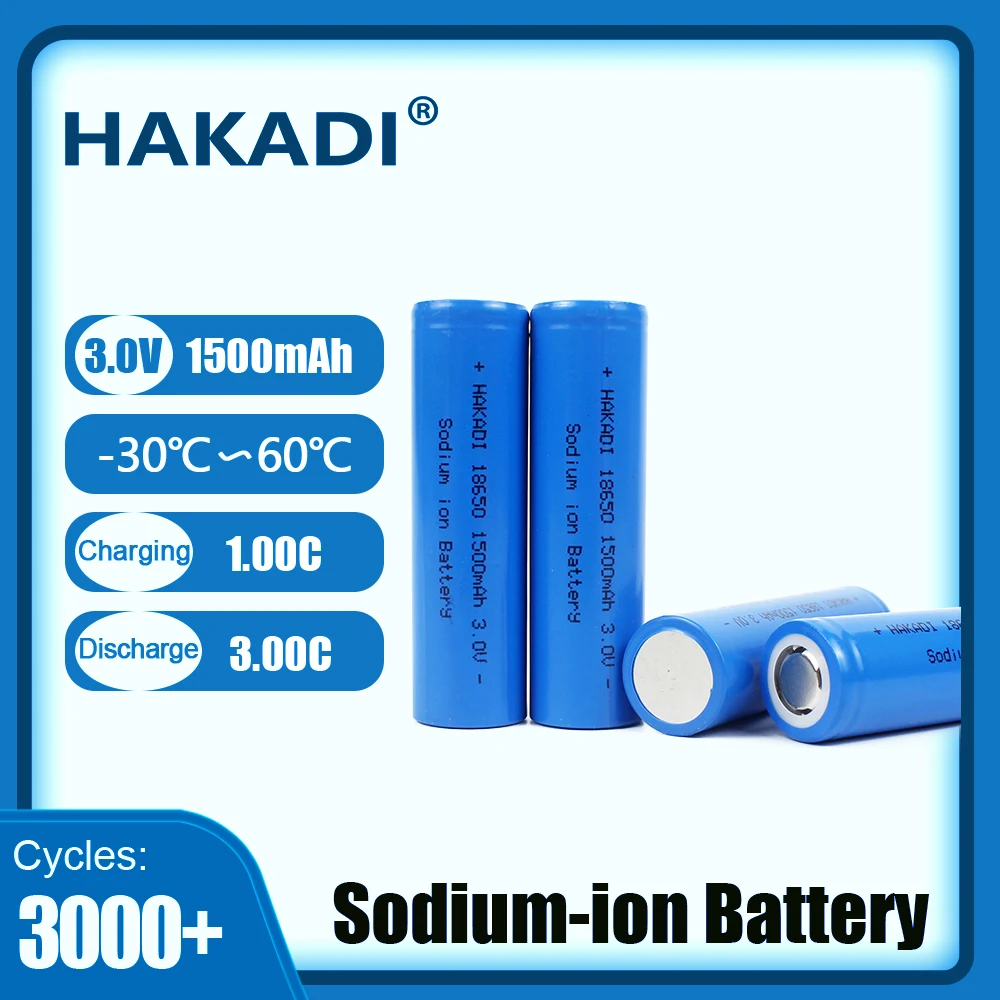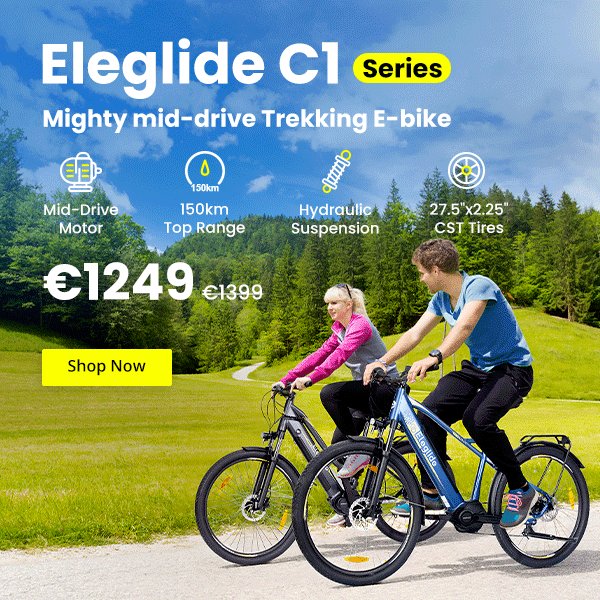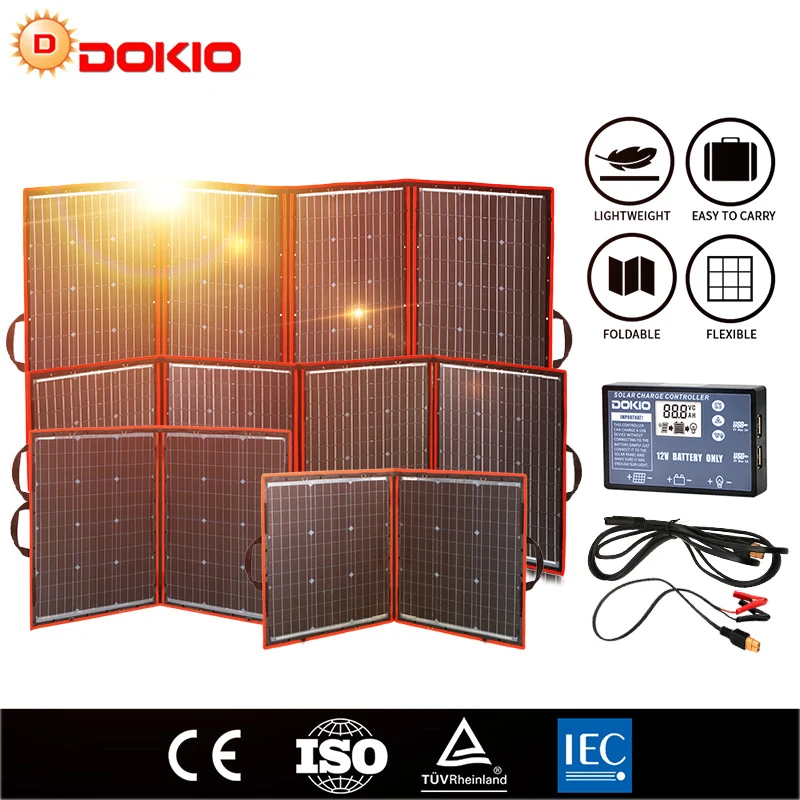After many years of waiting, soon electric cars will finally have batteries with silicon anodes, which deliver higher energy density and faster charging when compared to common graphite anodes.
GAC Motor recently showed off an electric car with a silicon anode battery that can be charged from 20 to 80 % in just 13 minutes, or from 0 to 80 % in 16 minutes.
As part of the neutron star strategy, Tech Day 2021 also saw the unveiling of GAC’s sponge silicon electrode technology. After years of research, GAC has overcome problems associated with silicon in larger batteries, using independently developed and patented “sponge silicon negative plate battery technology”: this makes the silicon negative sheet inside the battery as soft and elastic as sponge, strengthening it against wear and tear from charging and giving it a larger storage capacity. The volume and weight of a single battery can be reduced by 20% and 14% respectively.
Superfast charging technology also displayed at Tech Day 2021 can achieve a full charge of an electric car’s battery from 0% to 80% in just 16 minutes, roughly the same amount of time it takes for a traditional refuel. This paints an extremely bright future for electric vehicles.
GAC Motor silicon anode battery highlights
- Fast charge 80 % in just 16 minutes
- Volumetric energy density increased by 20 %
- Gravimetric energy density increased by 14 %
- Good performance at low temperatures
Anyway, Tesla and Volkswagen also announced that they plan to use silicon anodes in their EV batteries soon but it seems that Chinese automakers will get there first (already this year).
As for battery cell makers, Chinese companies also lead the way with Guoxuan and Farasis very close to mass produce this kind of batteries.
Remember that not only NCM batteries can use silicon anodes, cobalt-free chemistries such as LFP (LiFePO4) and LNMO can also take advantage from this breakthrough.
Moreover, with BEVs (Battery Electric Vehicles) that support this kind of fast charging (3C or more), who needs fuel cell electric vehicles (FCEVs)? Toyota are you there???
Imagine a Renault ZOE with a 70 kWh battery that can fast charge at 210 kW in under 20 minutes. This is possible with the recently announced silicon anode batteries. ICE age can be over if policy makers and automakers wish so.
More info:
























